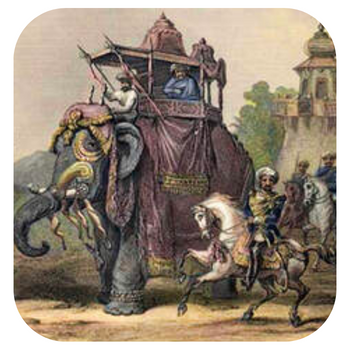August 3, 2022
By Grant Duncan
More than ever, the world needs effective government and leadership to address the critical issues facing humanity – but people are losing confidence in government and questioning the trustworthiness of politicians. This contemporary crisis of political trust made me wonder if it’s always been this way, and what societies did in the past about statecraft and rulership.
Researching and writing How to Rule? was a fascinating journey through history and around the world. What I’ve learned from this – and hope to have shared with readers – is what an amazing variety of models people have used to organise collective action, to address disturbances and to give people security.
I go back to basic definitions, look at the past, and reassess ‘the problem of government’ from a long historical and global viewpoint.
All societies, including nomadic ones, have needed law and government to address recurring sets of concerns, but distinctly different approaches were adopted at different times and places. My question while writing the book was: how did they govern?
It was fascinating to explore ideas on successful statecraft and the education of rulers in texts that have come down to us from the past.
When things go well, government produces complex, regulated and patterned conduct, but this feat may go largely unnoticed by those who benefit from it, despite the constant work it requires. When things go wrong and uncertainty reigns, on the other hand, government comes to our attention as a critical problem. Measures that were previously unorthodox may suddenly become necessary. And conflict may arise over the form of government, as well as its values and goals.
So, government itself, seen as a necessary set of activities, is a problem that concerns us collectively and that societies repeatedly try and fail to solve – and yet we can’t ignore or do without it.
Reform of any ‘broken’ system of government also requires government, however, and so we have to apply a broken system to fix the broken system. And we don’t even agree on what the problem is, let alone agree on solutions.
The causes and consequences of the major political concerns of our times, such as pandemics, climate change, economic inequality and online extremism, are borderless. And yet we’ve seen countries retreat behind their borders due to populist and nationalist politics, and there are vested interests that block multilateral collective action to address these problems.
International collaboration is essential, and we know that it can be done, because it has been done before for a range of complex regulatory purposes, from currency stability to global aviation. But, while the planet catches fire, many politicians get embroiled in scandals over personal misconduct and corruption, bringing the whole idea of government into disrepute.
Surely we could – and must – do better!
Renewed lessons in the arts of government are needed right now to address global and local challenges more wisely in future.
While I don’t pretend to have all the answers, my aim is to clarify the problems of government, to give us a better chance of addressing them in future. I think of How to Rule? as the historical background research for the next title, in which I’ll be asking, ‘What does it take to get better government now?’

